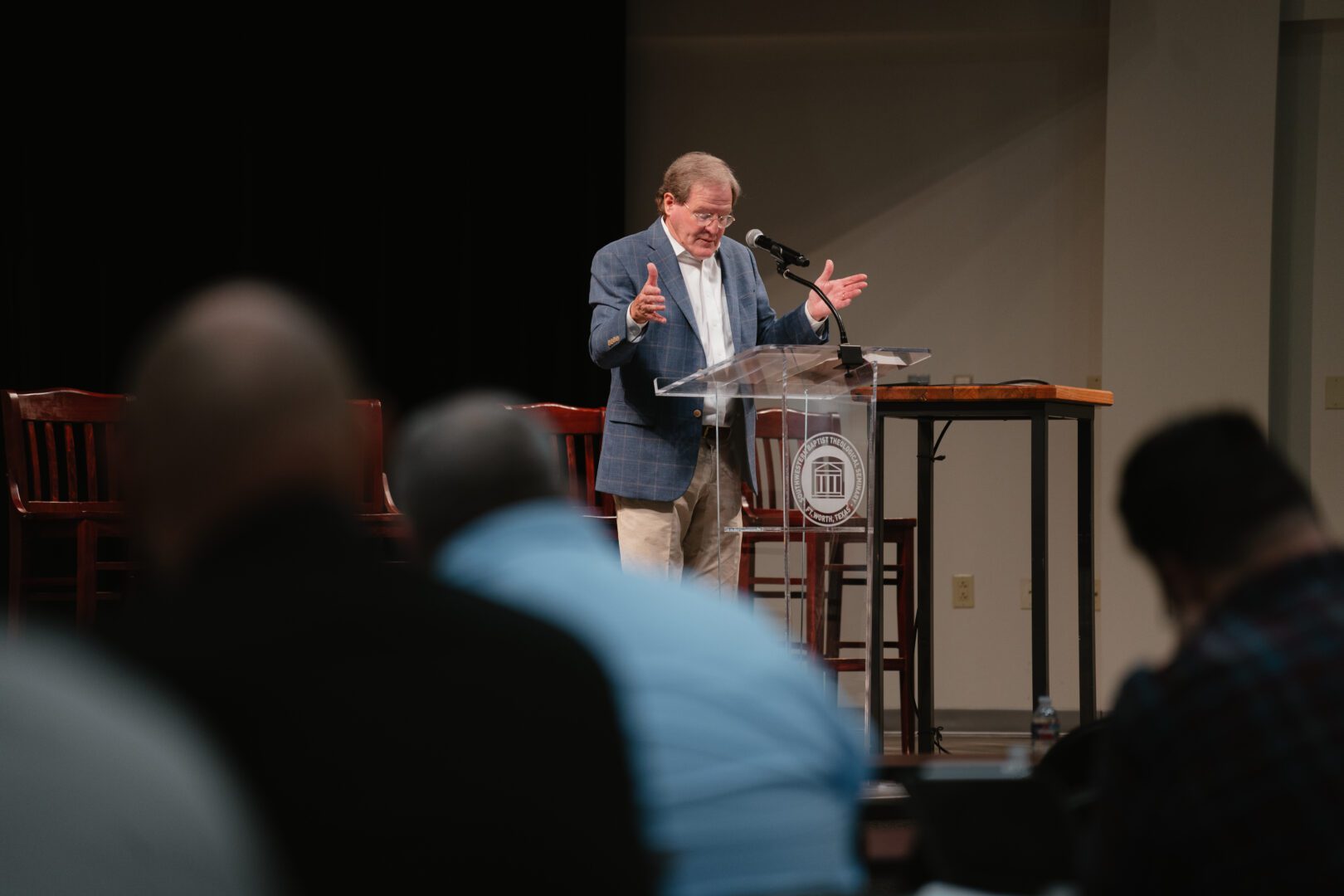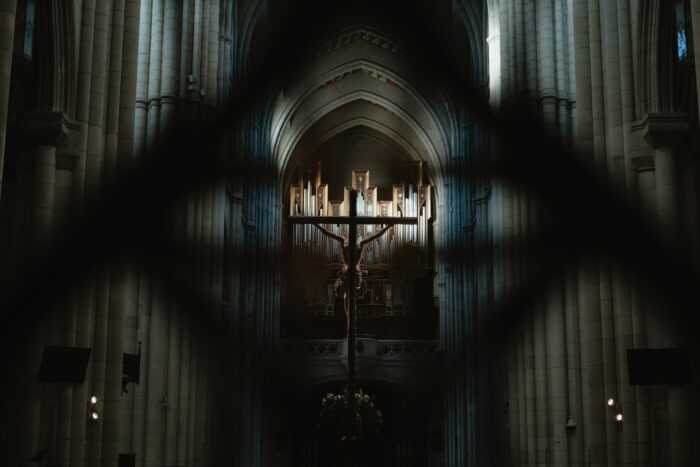Background & Timeline for 2 Corinthians
- The church at Corinth is founded by Paul on his second missionary journey.
- Paul spends 18 months in Corinth.
- After his departure, the church is visited by Peter, James and Apollos.
- Paul writes a now lost letter (1 Cor. 5:9) to the church, warning about socializing with the sexually immoral.
- A group from Corinth visits Paul in Ephesus. The group reports on the status of the church, asks questions and seeks guidance on issues being faced.
- Paul’s written response is what we know as 1 Corinthians.
- Paul sends Timothy to check on the church. He returns with a negative report. This prompts Paul to make an unscheduled visit to Corinth. He finds the church in disarray, with members rejecting his instruction. This is known as the “painful visit” which Paul references in 2 Cor. 2:1.
- After his return from this “painful visit,” Paul writes what is called the “severe letter.” In this letter (2 Cor. 2:3-4; 7:8-12), he appeals to his apostolic authority and rebukes the church’s sinful rejection of the truth.
- Paul receives a report from Titus regarding the church’s response to the “severe letter.” This prompts him to write a fourth letter, our 2 Corinthians, to explain himself and repair his relationship with the church.
- In 1 Cor. 16:5-7, Paul had announced plans to visit the church. This plan changes, causing hurt feelings. Paul’s motives and reliability are questioned, since he apparently did not follow through with his plans (2 Cor. 1:12-24).
The City of Corinth
- Fourth largest in Roman Empire
- Capitol of Roman province of Achaia
- Commercial bridge from east to west and subject to outside influences
- Two harbors: Aegean and Adriatic
- Notorious for sexual immorality (“to Corinthianize”)
- Ideal location for the spread of the gospel
- Church here is composed of both Jews and Gentiles
Key Features of 2 Corinthians
- Reveals tensions in Paul’s relations with the church, many of which were caused by his detractors.
- Most personal of Paul’s letters, a defense of his integrity and apostleship
- Demonstrates privileges and pressures of pastoral ministry
- Contains specific passages/emphases related to persevering under trials, the nature of Christian service, evangelism and giving
- Neglected letter, in part, because subjects do not divide as neatly/clearly as in most NT letters
2 Cor. 1:1-7: Observations on the Text
- Apostle by the will of God (1)
- Grace/peace, Father of us and the Lord Jesus Christ (2)
- Blessed, Father of compassions/pityings, God of all comfort (3)
- The One comforting us in tribulation, to be able to comfort… (4)
- Because as abound sufferings…also abounds comfort (5)
- Constriction, comfort, encouragement and endurance (6)
- Steadfast hope, partnership in suffering and comfort (7)
- “Comfort in Crisis” (2 Cor. 1:1-7)
- Main Idea: Because God supplies and enables comfort, rely on Him in your crisis.
- True comfort originates with God the Father. (1-3)
- God’s comfort enables us to comfort those in a crisis. (4)
- God’s comfort in a crisis binds believers together. (5-7)
- Main Idea: Because God supplies and enables comfort, rely on Him in your crisis.
- Applications
- Affirm the adequacy of God’s comfort for every circumstance of life.
- Recognize that true strength is placing your hope in God and receiving His strength/comfort.
- Feast on the fact of God’s fatherly love and comfort.
- Do meditate. Don’t medicate.
2 Cor. 1:8-11: Observations on the Text
- While Paul elsewhere indicates that a key reason for his delay in coming again to Corinth was so that he might spare believers there from another “painful visit,” this passage points to another reason for the delay. Paul encountered such severe affliction in Asia that he despaired of his life. In the midst of such despair, God delivered and comforted him. Chrysostom notes that, here, Paul is censuring the “false” apostles who “sat at home and lived in luxury.”
- Not ignorant of our extreme affliction (8)
- Trusting in the One raising the dead (9)
- Hope in the One who has delivered and will deliver (10)
- Giving of thanks (11)
- Applications
- Suffering is inevitable. God is merciful.
- In His fatherly love, God meets us in our affliction like a dad scooping up a child with a skinned knee.
- Suffering dismantles self-reliance.
- Suffering blows away the haze of triviality.
2 Cor. 1:12-24: Observations on the Text
- This section reflects Paul’s navigation through the background/timeline previously referenced.
- Behavior marked by simplicity and godly sincerity (12-13)
- Mutual boasting (14)
- Assertion of no vacillation or contradiction with reference to plans (15-17)
- Affirmation of God’s faithfulness through Christ (18-20)
- Established, anointed and sealed (21-22)
- Testimony of sparing by refraining (23-24)
- Application
- Keep walking in sincerity and truth when people and plans fail.
2 Cor. 2:1-4: Observations on the Text
- This section expands on the content of 1:12-24
- Determination not to make another “painful visit” (1-2)
- Justification of written communication: avoidance of pain, assurance of joy, affliction/anguish of heart, abundance of love (3-4)
2 Cor. 2:5-11: Observations on the Text
- This section includes Paul’s plea for the forgiveness of a repentant offender (1 Cor. 5)
- Reality of shared pain (5)
- Extension of forgiveness and reaffirmation of love (6-8)
- Indication of a test of obedience (9)
- Confirmation of shared forgiveness (10)
- Not outwitted by Satan and not ignorant of his schemes (11)
- Applications
- Dare to exercise biblical church discipline.
- Avoid harsh discipline that sets a limit to the grace of God.
- “Live now as you would wish you had done at death and judgment.” (Baxter)
2 Cor. 2:12-17: Observations on the Text
- In this section we may observe a subtle shift from Paul’s compassionate heart (1-11) to his conquering faith (12-17). Additionally, 2:14 marks the beginning of a digression in which Paul breaks off from his thought to break out in praise to God. Finally, beginning with 2:14, Paul employs the vivid portrayal of a Roman triumphal procession.
- An open door in Troas and a restlessness of spirit regarding the Corinthians (12-13)
- Thanks to God who, in Christ, is leading us in triumphal procession and making manifest through us the fragrance of His knowledge…(14)
- Aroma of Christ to God among those being saved and those perishing, an aroma of life or death, a sobering significance and a question of sufficiency (15-16)
- Sincere and commissioned spokesmen in contrast to hawkish peddlers
- Outline/Structure: “Triumphant Faith” (2 Cor. 2:12-17)
- Main Idea: Because of God’s triumph in Christ, live with confidence in His conquest.
- God triumphs through Christ (14)
- Believers participate in God’s triumph (15)
- God’s triumph involves contrasting consequence (16)
- God’s triumph promotes confidence (17)
- Applications
- Celebrate the constancy of God’s character in life’s changing circumstances.
- Remember that believers do not fight for victory. They fight from victory.
- “What kind of person ought I be who preaches a gospel which may be fatal to those who hear it?” (Curtis Vaughan)
- “If dependence is the objective, then weakness is an advantage.” (Begg)
- Remember that nothing is more relevant than the truth.








